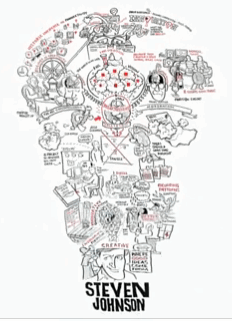Designing a “Learning Journey” #LX
One of the most useful tools that we instructional designers can borrow from #UX is...
Read MoreI recently read a couple of things from our UK friends which I found interesting. I took a little time to read and compare, as I find that this is a great way for me to think a little deeper. [note to self – is this a learning principle/theory to explore? Comparative learning a la Comparative Lit??].
Jane Hart – The State of Learning in the Workplace Today – Jane’s long blog post actually looks at both present and future for workplace learning. Jane is a consultant and much of the post is derived from personal experience working with companies. Jane’s main arguments, as I understand them, are that Workplace Learning Professionals need to:
Martyn Sloman – L&D 2020 – A Guide for the Next Decade – research academic who specialises in learning training and development. The 9 principles of this report are:

I also read the 2020 Workplace, which had more semantic web overtones and saw this post on the Future of Training & Development: New Social Learning – via @dpontefract (thanks Dan), which described holographic learning or virtual reality of some sort, which had a more futuristic feel to me.
Serendipitously I also watched the animated version of Stephen Johnson’s book Where Good Ideas Come From…(click on the image to the right to watch the video) his concept that innovation isn’t a eureka moment, but a collision of half-formed ideas fits well here. Not that I’m calling either of these two writings half-formed, more that in the grand scheme of things, perhaps they are part of solution, not the solution themselves.
Are we in the L&D field searching for some kind of eureka moment? Maybe to reach the eureka moment (what is the role of L&D) we have to work through the issues like:
And somewhere along the way a bunch of half-formed ideas will suddenly become the answer waiting there for us. Thoughts? Do you have a half-formed idea that you think is looking for its mate somewhere?
Update
Martyn contacted me offline and reminded me of the charitable intent of his work.
“The publishers are making this ebook as a free PDF download with the option that those who find the material valuable make a donation to the Nick Webber Trust, which supports educational projects in Malawi. Nick Webber was a young volunteer lawyer who was tragically killed while working in the country and was a University colleague of one of Martyn’s sons – donations to https://www.justgiving.com/Martyn-Sloman2010ebook“